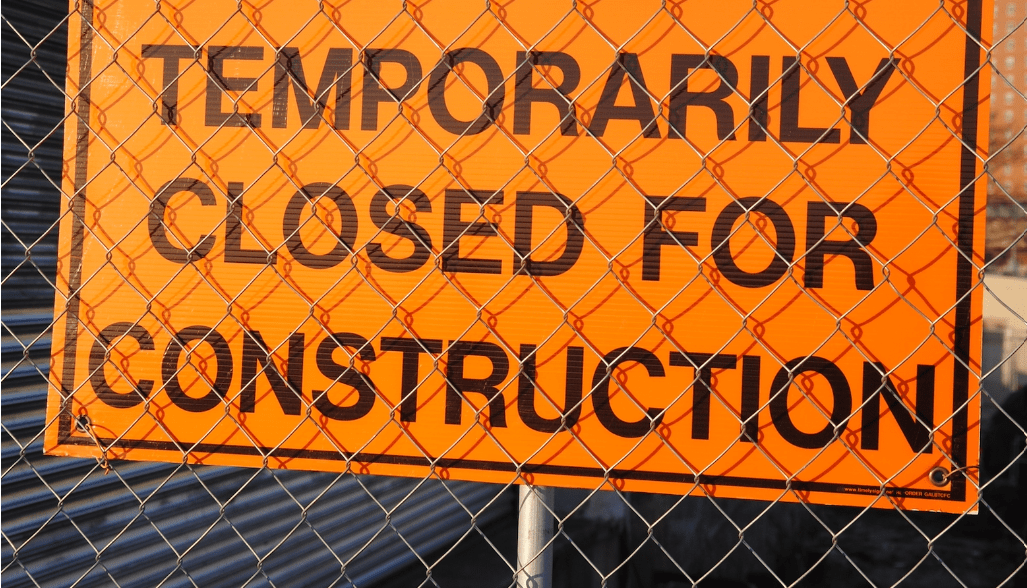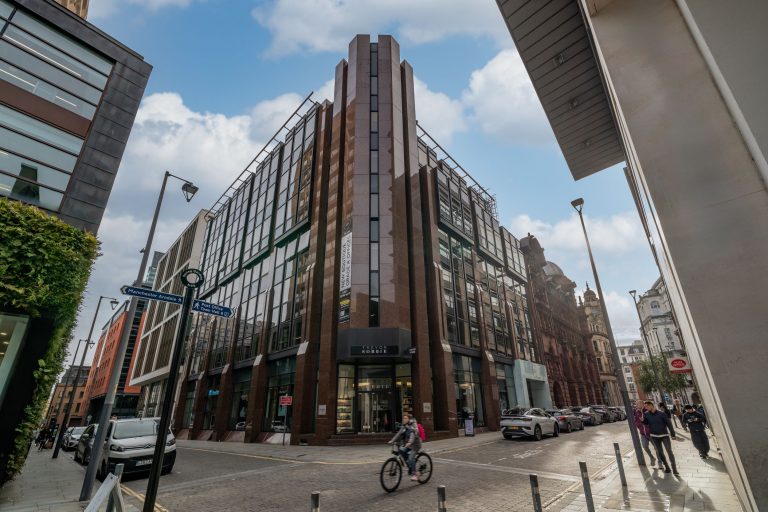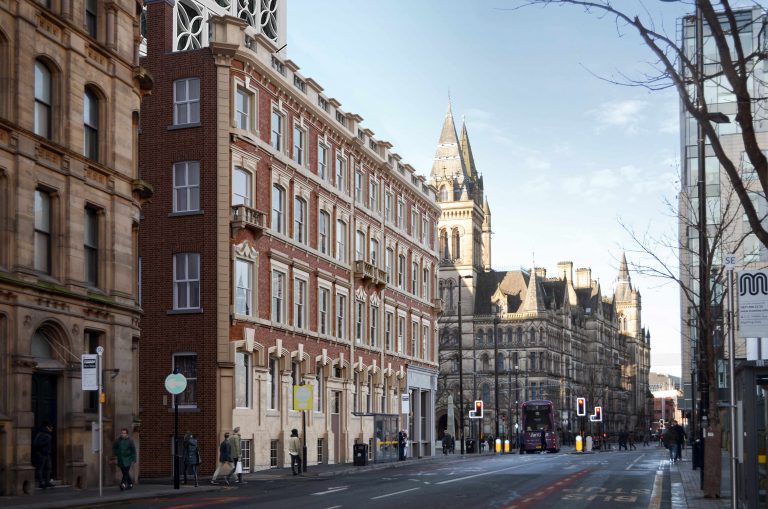What to do when temporarily closing a construction site
Ollie Chadwick | 31 March 2020
As more and more Government guidelines come into place regarding Covid-19, it is evident that construction sites have an increasing pressure to maintain health and safety, protecting their operatives and the general public.
When looking at the statistics it is becoming increasingly apparent that contractors are unable to cope due to the strain on the available workforce and growing Government restrictions.
In order to combat this issue, there are a number of things that can be done to minimise liability for both clients and contractors if it becomes necessary to suspend construction activity:
Do:
· Notify building or project insurance providers immediately.
· Notify Insurers of any plant and equipment left on site.
· Keep up to date records of insurance documents at all times as they are key.
· Ensure the site is secure and where possible consider setting up CCTV so the site can be monitored remotely.
· Isolate all cold water services (where possible) and consider the risk of flooding whilst the site is closed, i.e. freezing temperatures and the risk of burst pipes.
· Communicate with building management and security teams to make them aware of all services whether they are live or not. Label all services as appropriate.
· Agree the extent of the relevant events clause within the Building Contracts particularly those concerning Force Majeure.
· Communicate with sub-contractors and suppliers and ensure regular dialogue.
· Agree all key milestone dates with all parties particularly key dates with a commercial impact, i.e. lease breaks & lease expiry termination dates, dates of repossession etc. Update the project plan accordingly.
· Protect all finished work to prevent damage while off site.
· Ensure that any materials left on site are stored in accordance with the manufacturer’s recommendations.
· Erect signs to notify visitors that the site is temporarily closed and that there is no access. Provide telephone contact details for the site manager.
· Consider providing security guards (where required).
· Prepare a detailed record of progress and the condition the site has been left in. This is crucial for updating clients and protecting your liability when returning to site.

Don’t:
· Leave site in an unsafe condition.
· Leave any flammable waste or chemicals hazardous to health to prevent arson or injury.
· Forget to serve any notices to the Health & Safety Executive and inform Building Control that works have ceased on site.
· Leave any machinery or tools on site as this will attract thieves. If left on site, make sure they are locked up out of sight.
· Let deliveries turn up unexpectedly. Make sure where necessary they are postponed preventing additional charges.
· Leave work outstanding where warranties may become an issue and make sure all work is completed to a safe and practical point.

No two projects are the same, all items listed above will need considering in conjunction with your own site requirements/responsibilities. Your Project Manager should advise you.
OBI will continue to monitor our sites, where it is safe to do so, keeping our clients up to date at all times. Despite working remotely, it is evident what a great impact the use of video calls, progress photographs and client update reports have and the benefits they give our clients during this difficult time.
Should you have any questions, please do not hesitate to contact a member of the OBI Building Consultancy Team.


